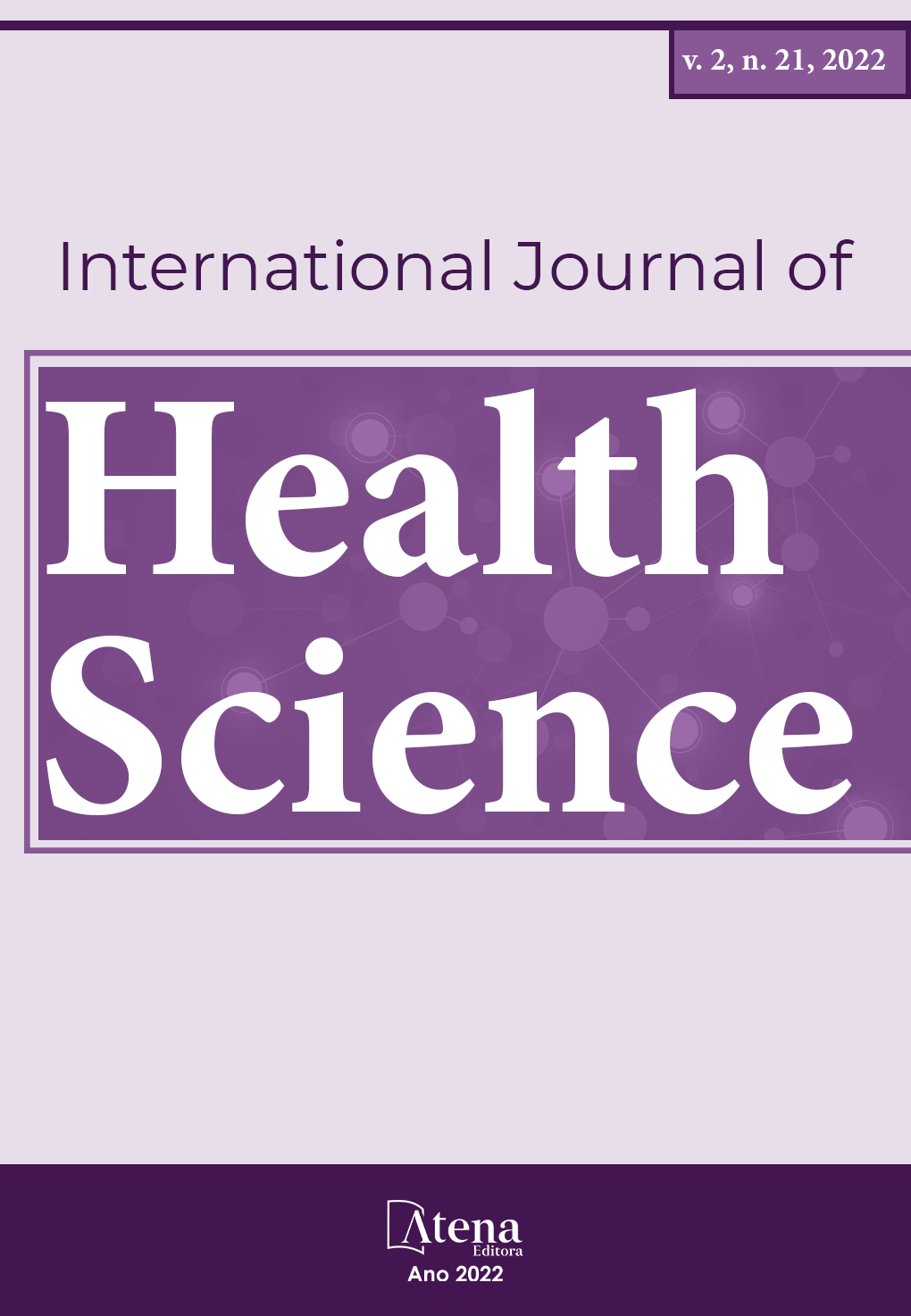
RENAL EFFECTS OF NONSTEROIDAL ANTI-INFLAMMATORY DRUGS: A LITERATURE REVIEW
Kidney diseases are currently one of the greatest morbidities in the world, and their development is sometimes associated with the administration of non-steroidal anti-inflammatory drugs, which can cause nephrotoxicity and compromise the physiological function of the kidneys, leading to glomerulopathies and acute kidney injuries. Non-steroidal anti-inflammatory drugs (NSAIDs) are one of the most commonly used drugs worldwide to inhibit COX activity in the treatment of pain and inflammation. Its nephrotoxicity has been well documented. Thus, the objective of this work is to clarify the relationship between the repercussion in patients with chronic kidney diseases and the use of NSAIDs, as well as an approach to nephrotic syndrome. A free literature review will be carried out on digital platforms such as Google Scholar, Scielo, Pubmed, Embase and Lilacs, selecting articles published between 2010 and 2020 for analysis. The results showed that renal side effects vary with the extent of COX-2-COX-1 selectivity and the administered dose of these compounds. While young healthy individuals rarely experience adverse renal effects from NSAID use, elderly patients and patients with chronic comorbidities taking drug combinations (eg, ACE inhibitors or ARBs, diuretics plus NSAIDs) may develop acute renal failure. This review summarizes our current knowledge of how traditional NSAIDs and selective COX-2 inhibitors can affect the kidney in various experimental and clinical conditions, and how these drugs can influence renal inflammation, organ dysfunction and may result in renovascular hypertension.
RENAL EFFECTS OF NONSTEROIDAL ANTI-INFLAMMATORY DRUGS: A LITERATURE REVIEW
-
DOI: 10.22533/at.ed.1592212220042
-
Palavras-chave: Anti-inflammatory; nephrotoxicity; Glomerulopathy; kidney injury
-
Keywords: Anti-inflammatory; nephrotoxicity; Glomerulopathy; kidney injury
-
Abstract:
Kidney diseases are currently one of the greatest morbidities in the world, and their development is sometimes associated with the administration of non-steroidal anti-inflammatory drugs, which can cause nephrotoxicity and compromise the physiological function of the kidneys, leading to glomerulopathies and acute kidney injuries. Non-steroidal anti-inflammatory drugs (NSAIDs) are one of the most commonly used drugs worldwide to inhibit COX activity in the treatment of pain and inflammation. Its nephrotoxicity has been well documented. Thus, the objective of this work is to clarify the relationship between the repercussion in patients with chronic kidney diseases and the use of NSAIDs, as well as an approach to nephrotic syndrome. A free literature review will be carried out on digital platforms such as Google Scholar, Scielo, Pubmed, Embase and Lilacs, selecting articles published between 2010 and 2020 for analysis. The results showed that renal side effects vary with the extent of COX-2-COX-1 selectivity and the administered dose of these compounds. While young healthy individuals rarely experience adverse renal effects from NSAID use, elderly patients and patients with chronic comorbidities taking drug combinations (eg, ACE inhibitors or ARBs, diuretics plus NSAIDs) may develop acute renal failure. This review summarizes our current knowledge of how traditional NSAIDs and selective COX-2 inhibitors can affect the kidney in various experimental and clinical conditions, and how these drugs can influence renal inflammation, organ dysfunction and may result in renovascular hypertension.
-
Número de páginas: 8
- Alice Silveira Alves de Queiroz
- Andre Luis Yamamoto Nose
- Thainá Pereira de Moraes
- Ana Carolina do Amaral Santos de Carvalho Rocha
- Ricardo Jose de Farias Neto
- Marco Antônio Netto Armando Rangel
- Karina Mourão Costa
- Ana Carolina Moraes Mattos
- Ana Carolina Alves da Conceição
- Thaís Baroni Azzi
- Pollini Pereira de Moraes
- Patrick de Abreu Cunha Lopes


